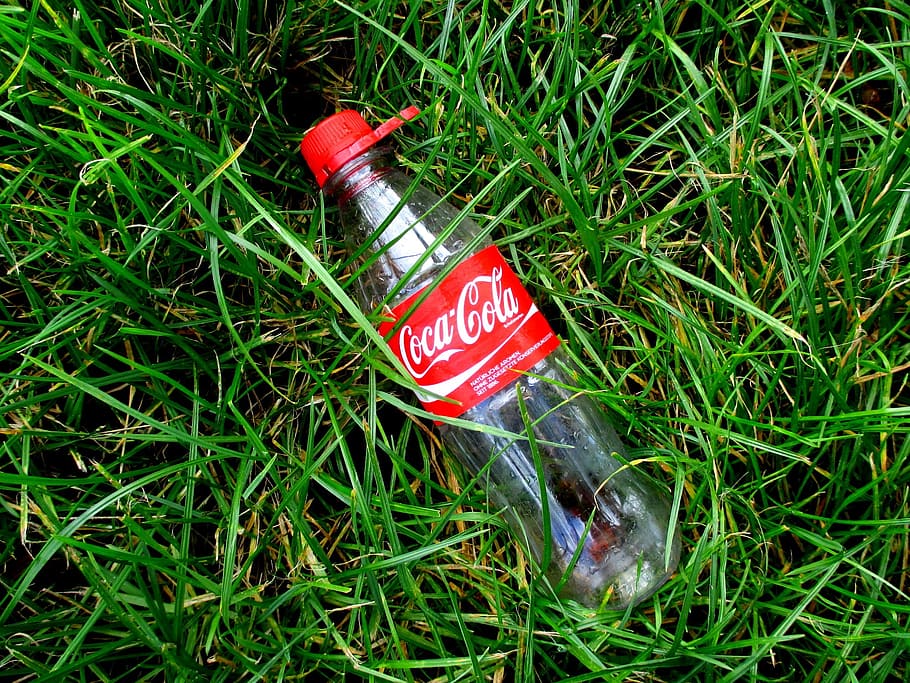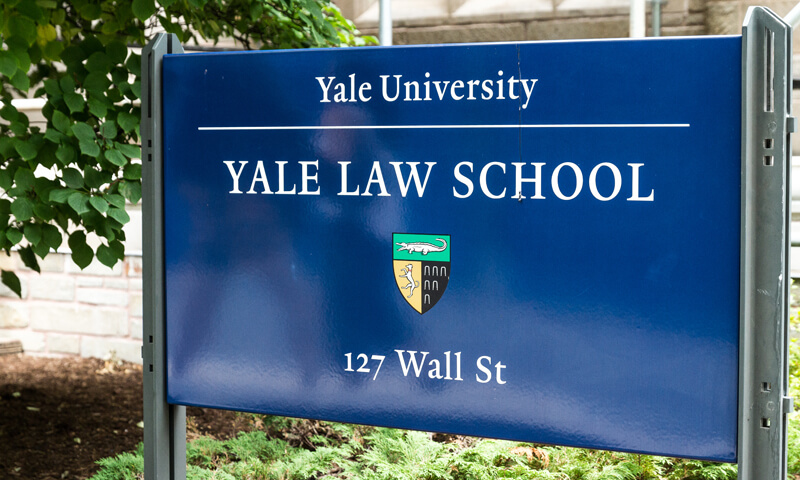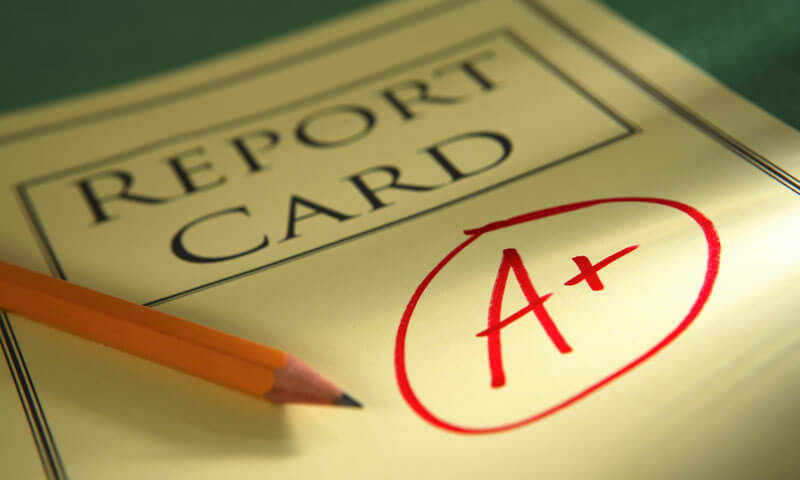Summary: Large companies are being sued by an environmental group over their part in the global plastic pollution crisis.

Beverage behemoths Coca-Cola, PepsiCo, and other large companies are getting sued by a California-based environmental group for deliberately lying about their products’ recyclability and choking up the oceans with plastic waste.
According to Earth Island Institute, which filed the lawsuit in San Mateo county superior court last week, the companies knowingly contribute to the global plastic pollution crisis by selling unrecyclable plastic bottles and single-use packages.
“These companies should bear the responsibility for choking our ecosystem with plastic,” said David Phillips, executive director of Earth Island Institute.
The lawsuit named other 8 companies found to be top producers of the plastic collected in beach cleanups- Nestlé, Clorox, Crystal Geyser, Mars, Danone, Mondelēz International, Colgate-Palmolive, and Procter & Gamble.
The suit states that the majority of the 8 to 20 million tons of plastic that end up in the world’s oceans every year — can be traced back to these few companies.
“At this rate, plastic is set to outweigh fish in the ocean by 2050,” the complaint reads.
Earth Island says recycling plants in the United States are unable to process the plastics labeled as “recyclable,” because the noted companies use cheap materials to make “virgin plastic.”
According to a 2018 report Coke, Pepsi, and Nestle USA are the producers of 14 percent of the plastic waste in our oceans.
“These companies push a product and then create misinformation campaigns so the public isn’t fully aware of the harms of the products when making purchasing decisions,” Sumona Majumdar, general counsel of Earth Island said.
Because of the misleading labels, consumers are basically tricked into thinking they are making eco-friendly friendly choices, whereas the ‘recycled’ plastic products end up in the ocean.
“They know very well that this stuff is not being recycled, even though they are telling people on the labels that it is recyclable and making people feel like it’s being taken care of.”
The California Legislature is looking at possible measures to impose “extended producer responsibility,” which would require companies to devise plans to collect empty containers.
“Our legislation applies one of the core principles of environmental law: ‘the polluter pays.’ It is time for multi-billion-dollar companies to step up and cover the costs of cleaning up the waste from their products,” Rep.Alan Lowenthal (D-Long Beach) said. “As a major exporter of plastics waste, we also have a responsibility and a duty to address this problem.“
Martin Bourque, the executive director of the Ecology Center, which handles recycling for the City of Berkeley, told the Guardian he is tired of knowing that some portion of the plastic collected in his city’s recycling bins will eventually just be thrown away.
“It’s about time these companies that have been telling people that this stuff is recyclable be held accountable for polluting our ecosystem,” he said.
William M Dermody Jr, a spokesman for the American Beverage Association, which represents Coca-Cola commented on the lawsuit.
“Plastic waste is a worldwide problem that demands thoughtful solutions, America’s beverage companies are already taking action to address the issue by reducing our use of new plastic, investing to increase the collection of our bottles so they can be remade into new bottles as intended, and collaborating with legislators and third-party experts to achieve meaningful policy resolutions.”
Earth Island says the suit does not mean to discourage consumers from recycling, but it aims to make companies take more responsibility for the waste their products create.
“It’s not that we’re slamming recycling,” said. “We’re totally in favor of recycling. We just want companies to take responsibility for what’s really happening to all this plastic they’re producing,” said David Phillips




































